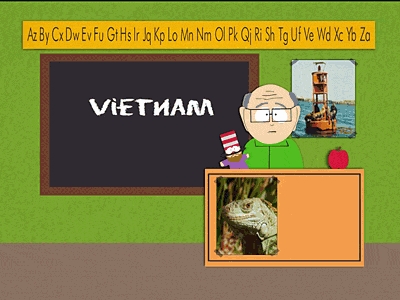 |
| Tantawi, Morsi, Enan. Image via Reuters. |
The big news: Egypt's president, Mohamed Morsi, announced the retirement of Field Marshal Mohamed Hussein Tantawi, the head of the armed forces and minister of defense, as well as Sami Enan, the chief of staff. The BBC is also reporting that Morsi's cancelled a constitutional ruling issuing limits on presidential power. I don't know whether the ruling in question is the one that keeps the military independent of any real external authority, but one presumes so, given that replacing top military personnel would obviously be in violation of that declaration. (UPDATE: yep; h/t Rex Brynen)
This is a big deal: a sudden announcement that could reset civil-military relations in Egypt. If it carries through, then advantage civilian government.
A brief moment of navel-gazing. This puts punditry and commentary in a weird spot. I love trying to understand and explain things in politics, and I have a bad weakness for speculating when I don't have enough information. But in periods like Egypt is going through right now, when political rules are uncertain, I think it may be best to sit back and watch, rather than trying to explain. Morsi could well pull this off. Perhaps this was all negotiated; perhaps not. I find this doubtful, as I don't think SCAF would accept the public image of unilateral action to which they roll over. Or Morsi could spark a coup: according to Jay Ulfelder, Egypt has structural conditions that, at the outset of the year, placed it at 14th globally in coup risk, even if that risk was still, at the time, only about 3%.
Much of the outcome turns on hidden preferences and intentions, rumour and sketchy information: the ingredients of surprise. And there are no very clear rules at the moment; Egypt's politics, right now, are about setting those rules. What happens in the next few days could set Egypt down one path or another, and we can have a more or less educated guess about which path, but I think there's a very strong element of uncertainty, and I think it's important to remember it. For some, next week whatever happens will just seem inevitable. And who knows: at a certain point we might get good enough at explaining and predicting to be able to make strong judgments about what is likely in Egypt in the coming days, and to devise a compelling explanation about why. (I doubt it.) But in the meantime I think it's incumbent on analysts to remember these stochastic moments, and how they humble us.

